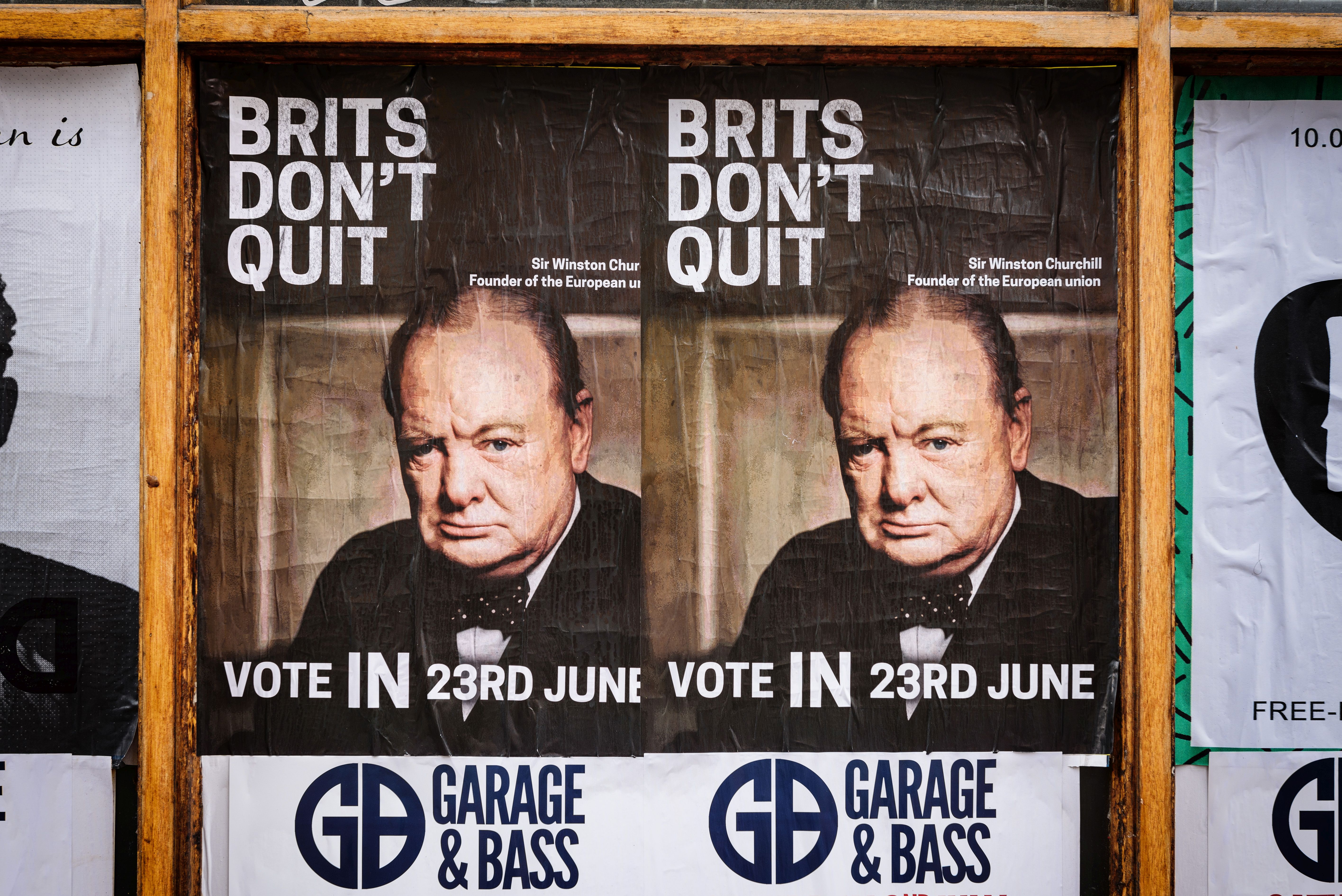Back in March, before the referendum campaign that would ultimately eject Britain from the European Union, I wrote an article arguing that UKIP had successful transcended its status as a single-issue party. Like other groupings across Europe that began as protest movements against supranational integration, UKIP had broadened its appeal to become an expression of discontent with mainstream politics. Because of this, I argued it was naive to think the party would pass into irrelevance if Britain were to leave the EU. I now think I was wrong. UKIP is imploding.
In the first week of October, liberal Europe was both alarmed and amused by reports of an altercation at a UKIP meeting in Strasbourg that culminated in the hospitalisation of MEP Steven Woolfe. This was only the latest in a series of controversies that have embroiled the party since June. Earlier that week its new leader, Diane James, resigned after only 18 days in the role, and before even signing the relevant government documentation to officially take it up. Legally, this means that Nigel Farage is still at the head of the party, and speculation is rife about his return to the front line.
Why has UKIP descended into this bear pit? One explanation surely must be that its purpose is no longer clear now that it has achieved its founding ideal: forcing and then winning a referendum on Britain’s EU membership. With virtually no official representation in national politics, UKIP was able to persuade a weak prime minister presiding over a fractious government to give into its demands. It was almost too easy to be true. Now, with this heady victory behind them, UKIP’s members have to tackle the surprising question of what their party’s raison d’être will be in the era of Brexit.
This, though, is only part of the story. A government led by a flip-flopping liberal-conservative in the mould of David Cameron could expect serious opposition from the radical-Right, firing charges of patrician betrayal throughout the Brexit negotiations. Now, however, a new power has risen in Westminster. Britain’s new Prime Minister Theresa May is utterly unlike her predecessor – a ruthless pragmatist intent on repositioning her party as a vessel of popular nationalism.
It is hard not to respect May as a political operator, even while disagreeing with her. She has wrestled her way to the top of a notoriously patriarchal party, crushing the brigade of public schoolboys that has dominated the Tory leadership for the last decade. She wasted no time in reaching out to disaffected working and lower-middle class voters, promising protectionist measures to re-energise British industry and to bringing back selective education as a tool of social mobility. She has held the ‘three Brexiteers’ to their word, appointing Boris Johnson, David Davis and Liam Fox to the main outward-facing offices of state, a move tantamount to saying ‘you created this mess, now clear it up’. And, most recently, her government floated the idea of forcing firms based in the UK to disclose the nationality of their employees as a way of shaming them into choosing British workers instead.
In the febrile aftermath of 23 June, the UK is seeing its version of what is happening in Hungary, the USA and elsewhere: the stark elision of the centre- and radical-Right. Granted, May is no Orbán or Trump, but her governing philosophy derives from the same critique of history. Decades of liberal internationalism have failed to deliver on the promise of rising living standards and a more stable world. The post-war order is fracturing, and insecure voters are crying out for the certainty of a strong state headed by a strong leader. Parties of the centre and Left, implicated to various degrees in the internationalist status quo, have no cogent response to the challenges of the day. The choice is now between a hardened Right-wing establishment and something more extreme.
May was a Remainer but she has no great love for the European project. Her first commitment is to the British people, and she has sensed the pool of neglect and disillusionment now brewing into nationalist sentiment across the country. If she is correct in her assessment of the Zeitgeist, it is unsurprising to hear of defections from UKIP back to the Conservatives. You can also forgive the remaining UKIP members for feeling themselves in the grip of an identity crisis. If you are concerned about immigration and terrorism, if you despair at the state of public services and feel your patriotism is sneered at by those richer than you, why would you not vote for the woman in charge?
You can download the article in PDF here.
James Bartholomeusz (1992) is from the United Kingdom and is a policy officer at the Project for Democratic Union.


